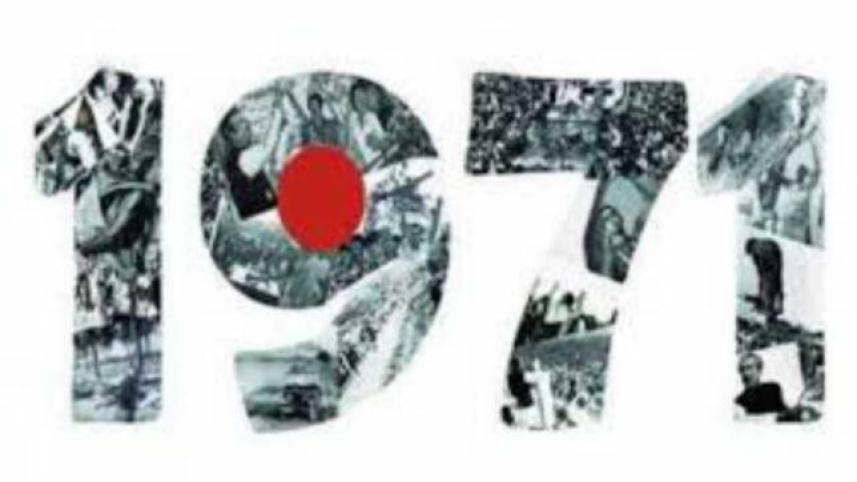Bangladeshis need to shape global opinion for recognition of genocide in 1971, speakers say

Bangladeshis across the globe need to raise their voices to earn global recognition of the genocide committed by Pakistani occupation forces and their collaborators during Bangladesh's Liberation War in 1971, speakers said during a webinar today.
As creating platforms for the cause by the next generation of Bangladeshi Diaspora is essential, it is also imperative to conduct scientific researches and collect evidences for the recognition, they said.
Bangladesh High Commission in London, with support from Dhaka University's Centre for Genocide Studies (CGS), organised the webinar on "1971 Bangladesh Genocide and International Recognition: 50 Years of Bangladesh Genocide".
Addressing the webinar, former chairman of National Human Rights Commission Prof Mizanur Rahman said recognition of Bangladesh's genocide committed in 1971 is "indispensable for justice's sake".
He said one reason behind why the genocide has not been recognised even in 50 years is that Bangladesh did not follow the instruction of the International Commission of Jurists to set up an international tribunal.
The international crimes tribunal which has been established in the country is a domestic one, he added.
Presenting a keynote paper on the topic, eminent political scientist Prof Rounaq Jahan said to earn international recognition, the countrymen need to work on various fronts.
She said Bangladesh missions abroad, as well as academics and institutions, need to be engaged in creating global opinion for the recognition.
Also, Bangladeshi communities in different countries can act the way they acted to create opinion in support of Bangladesh's independence during the Liberation War in 1971, she added.
She stressed for building memorials in each upazila across the country commemorating the genocidal atrocities.
Stressing the need for scientific research, CGS Director and international relations expert Prof Imtiaz Ahmed said without scientific evidences, international communities will not be convinced to support the recognition of Bangladesh's genocide.
It is important to have testimonies of women victims for international recognition of genocide, said Prof Joann Digeorgio-Lutz, author of the book 'Women and Genocide: Gendered Experiences of Violence, Survival, and Resistance'.
Bangladesh High Commissioner to the United Kingdom and Ireland Saida Muna Tasneem moderated the webinar.
Prof Yasmin Saikia of Arizona State University; Nuzhat Chowdhury, daughter of martyred intellectual Dr Alim Chowdhury; Prof Sachi Dastidar of State University of New York College at Old Westbury; and Bangladeshi community leader in the UK Sultan M Sharif, among others, spoke during the webinar.
 For all latest news, follow The Daily Star's Google News channel.
For all latest news, follow The Daily Star's Google News channel.